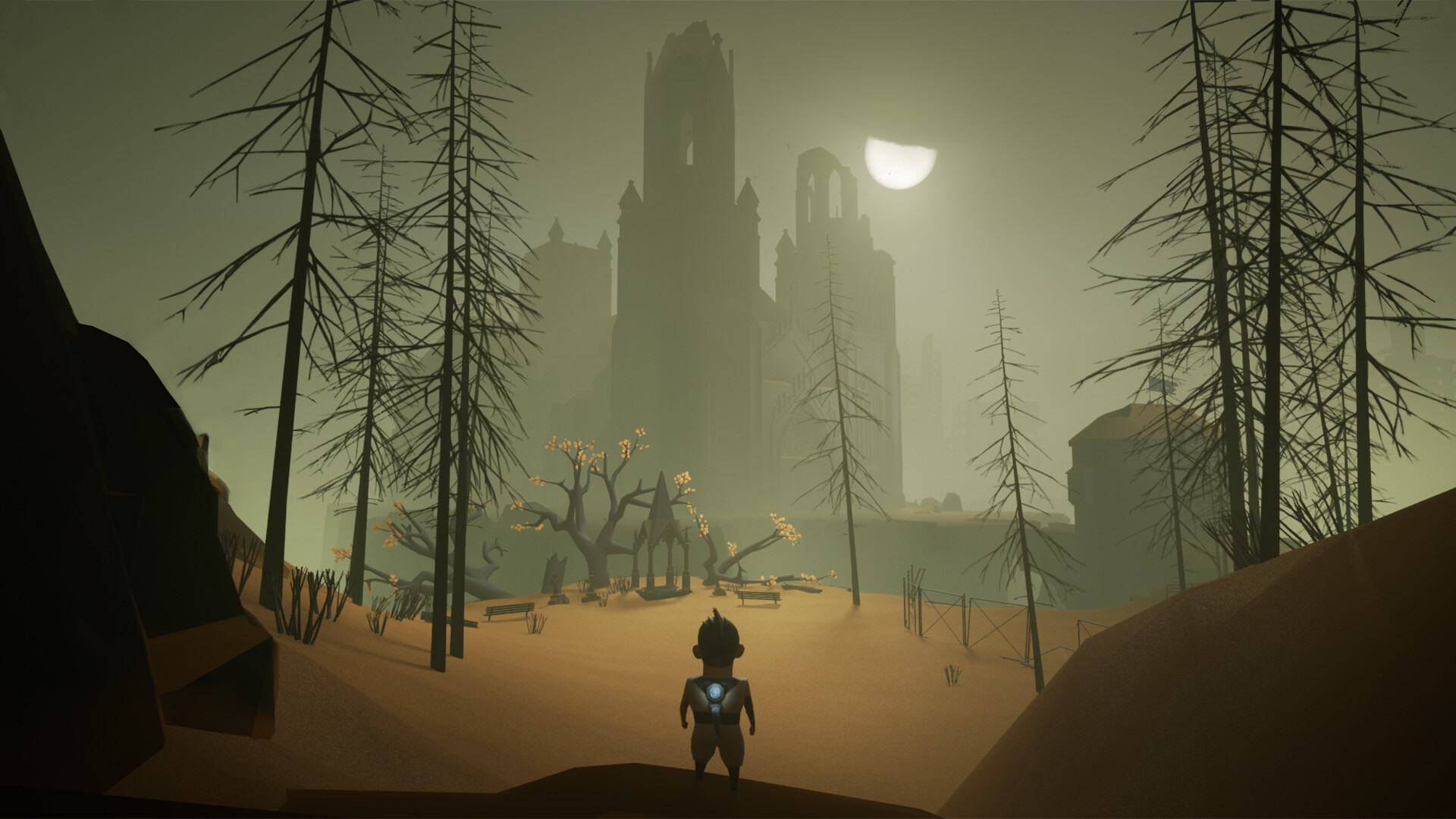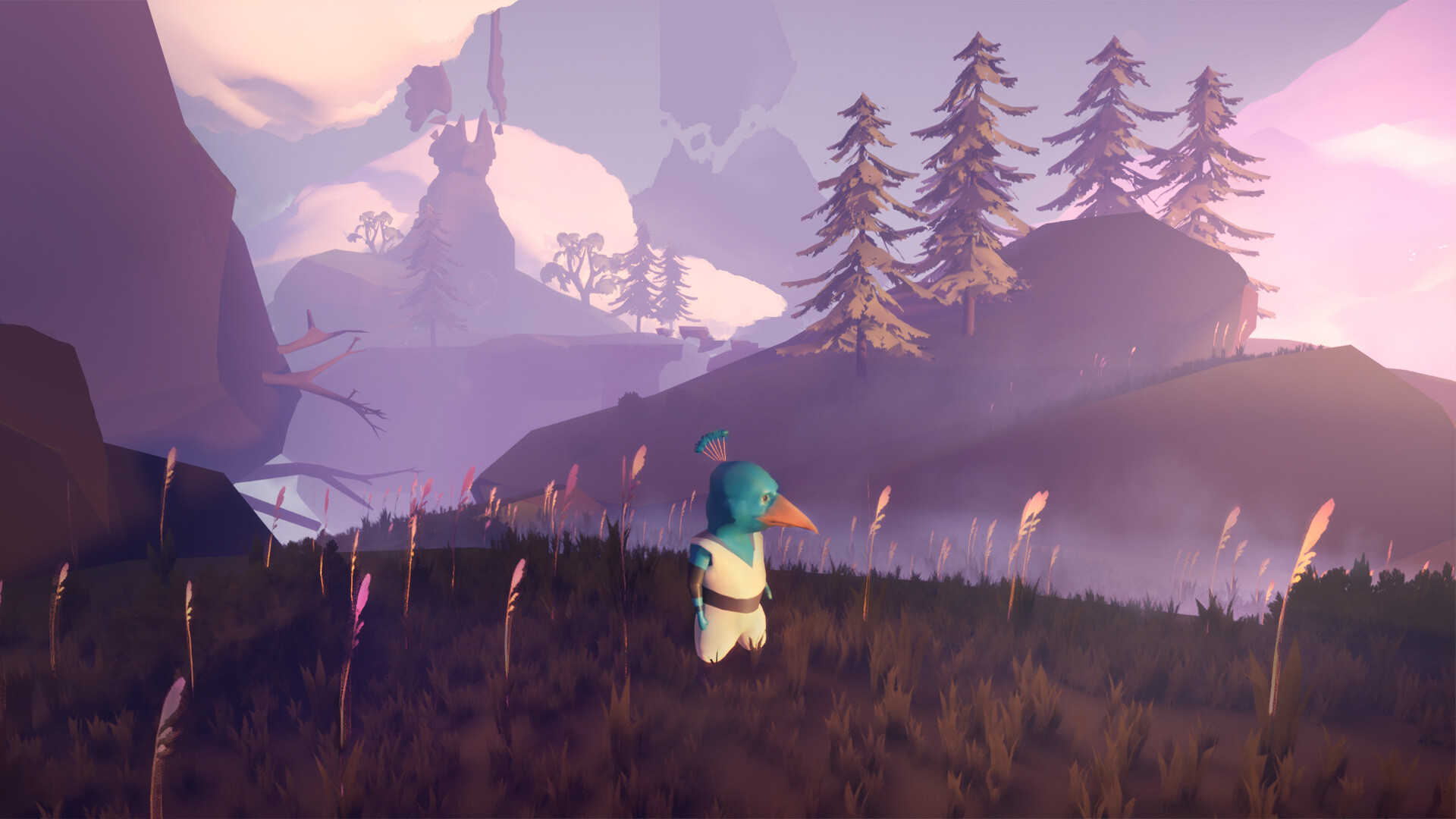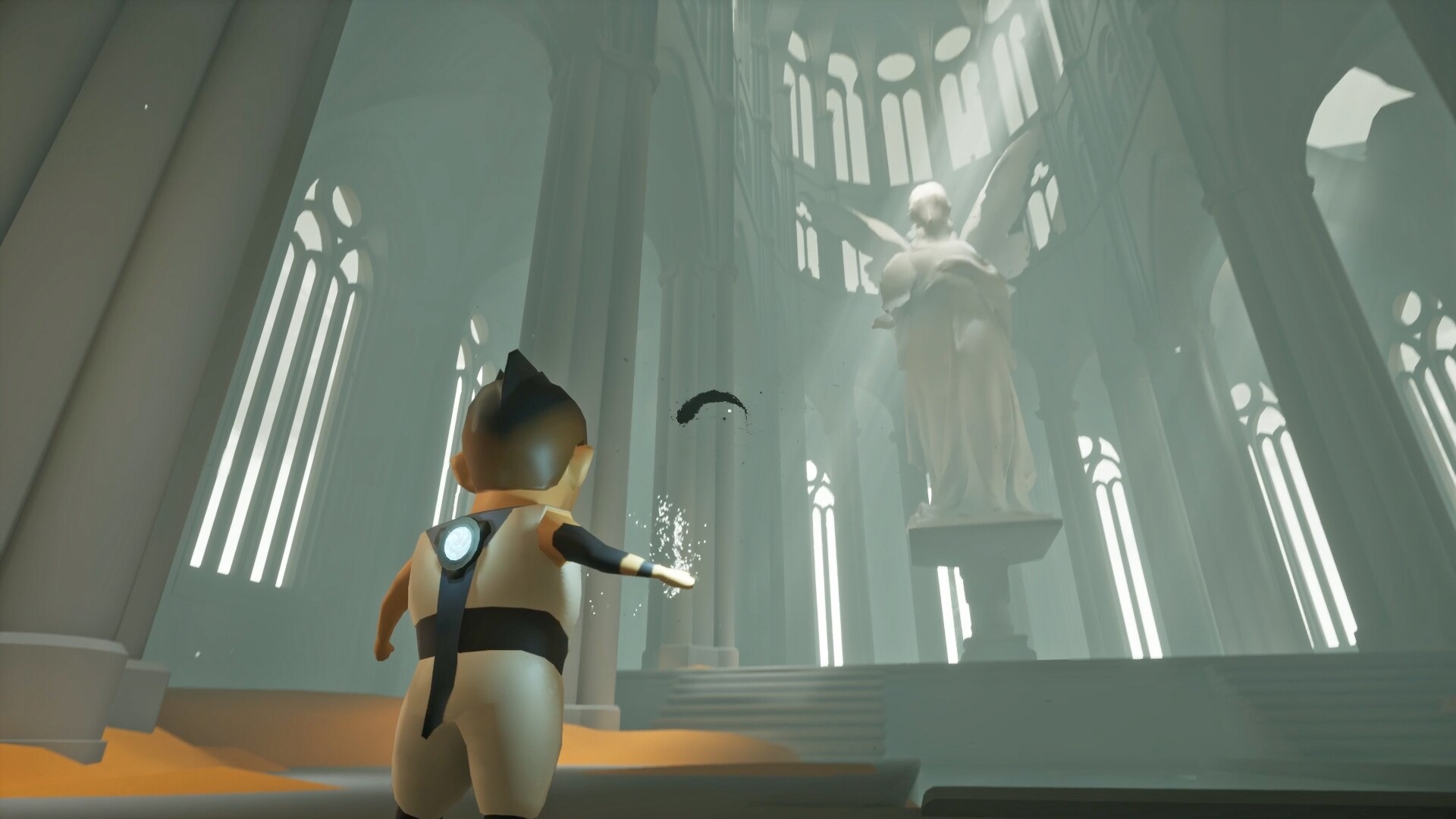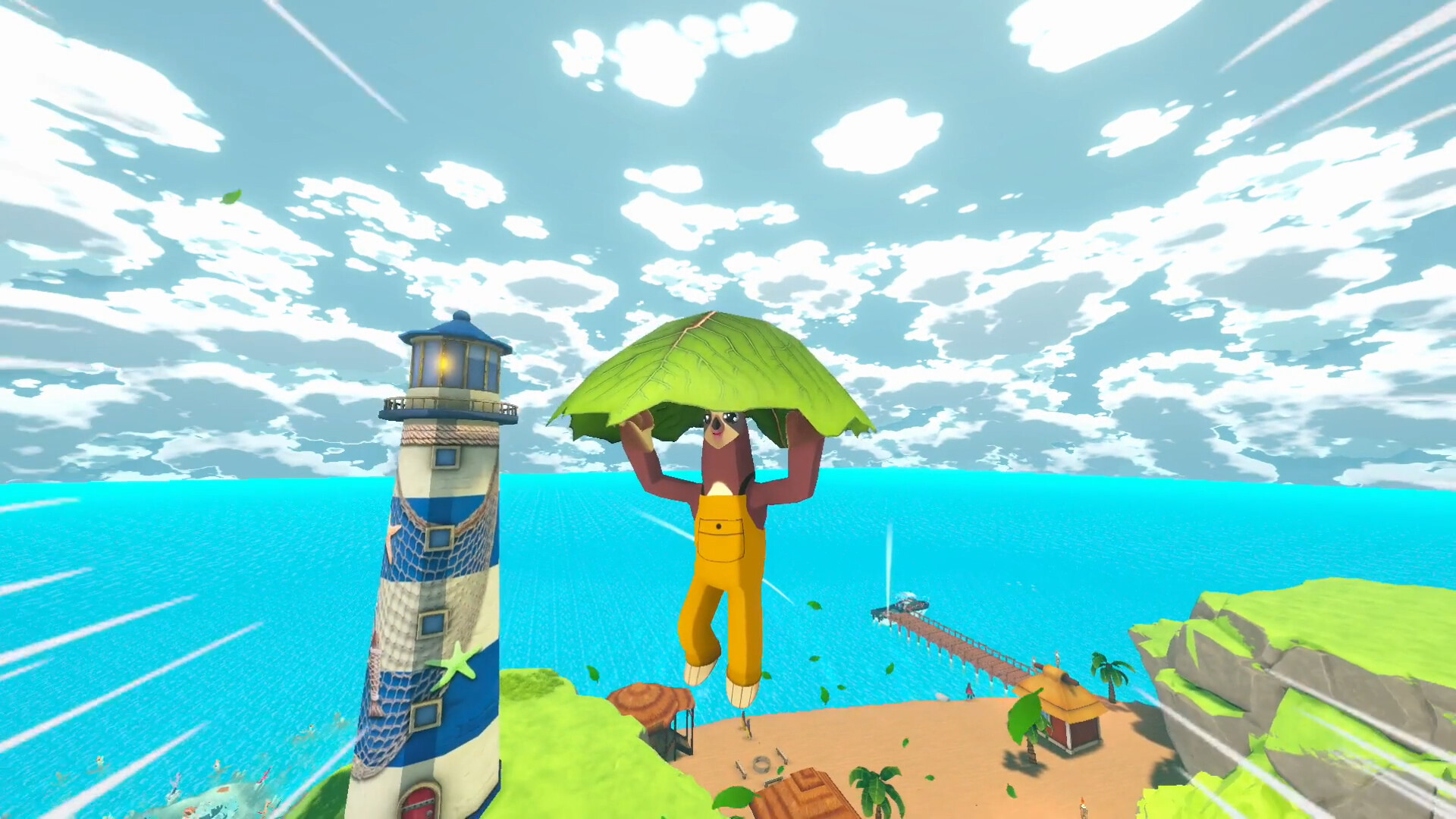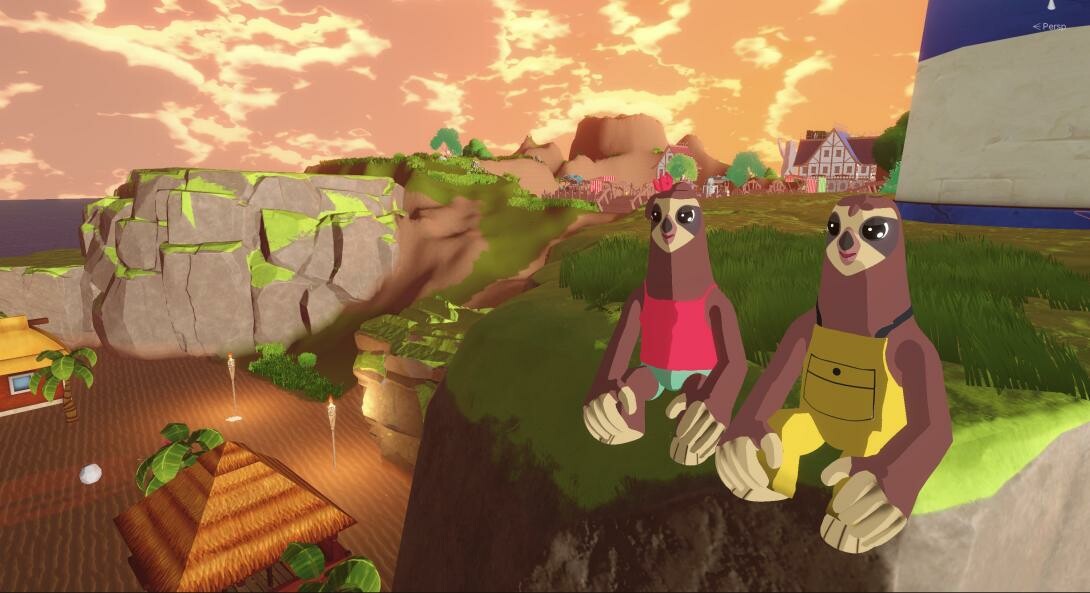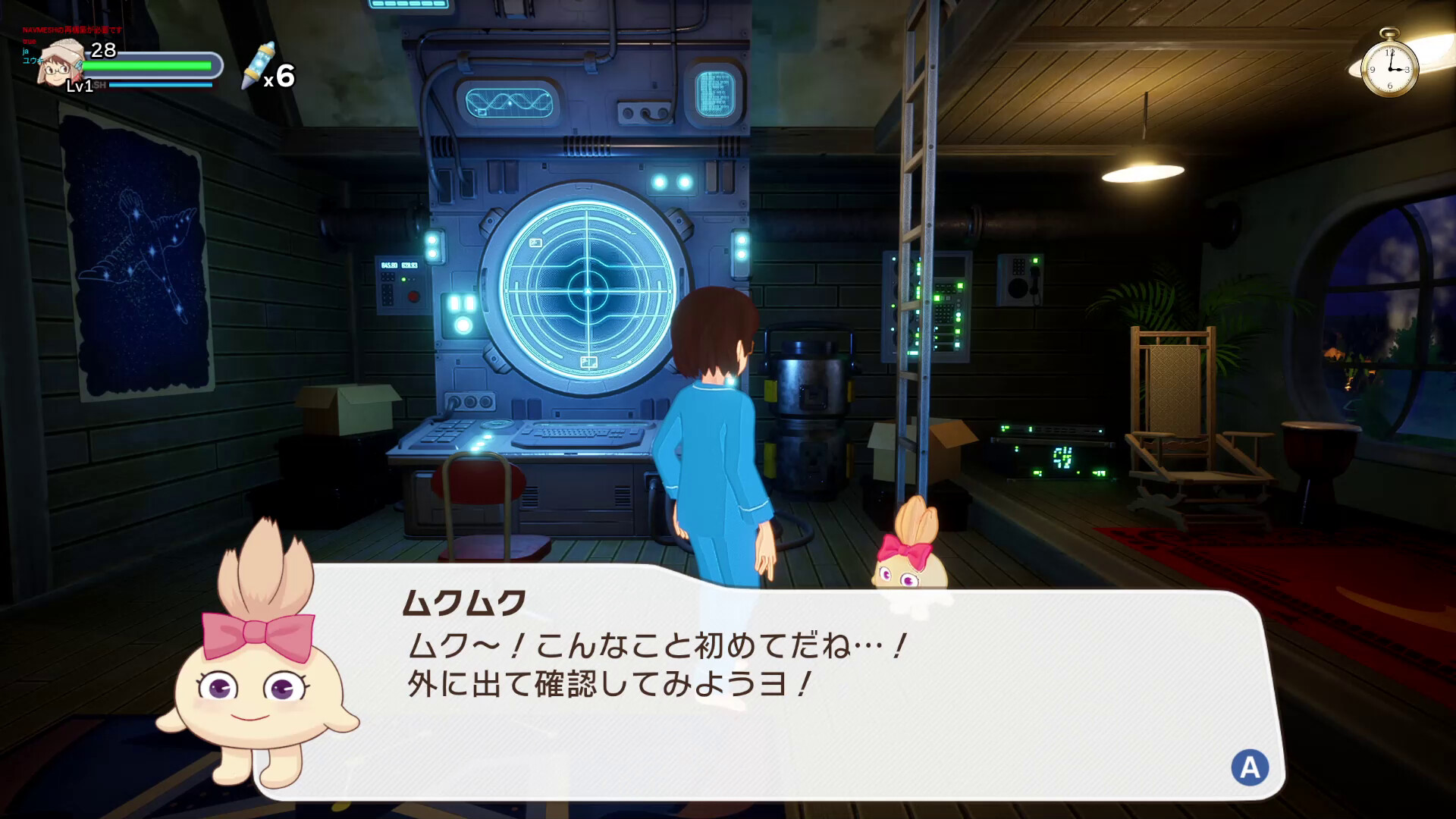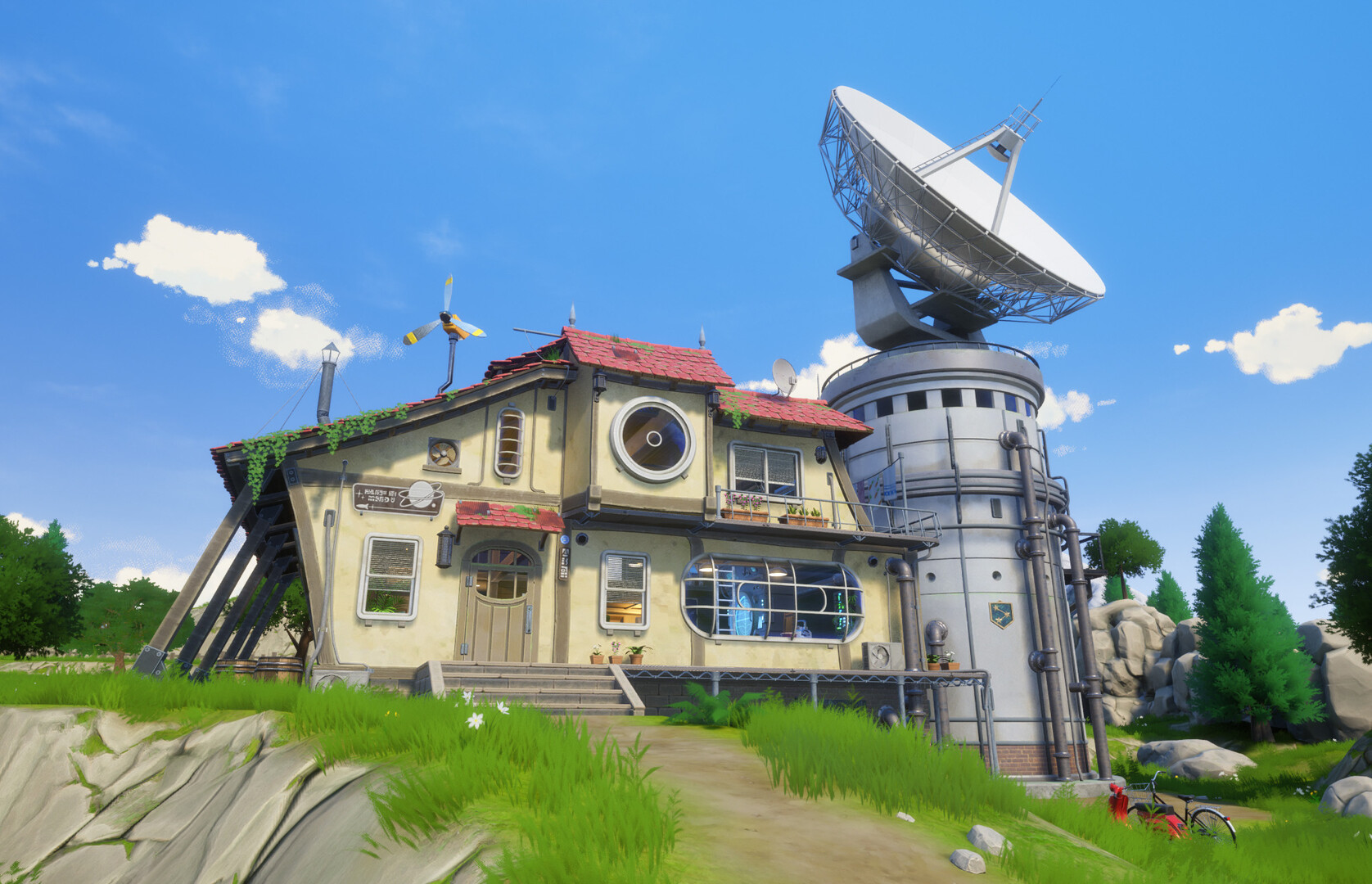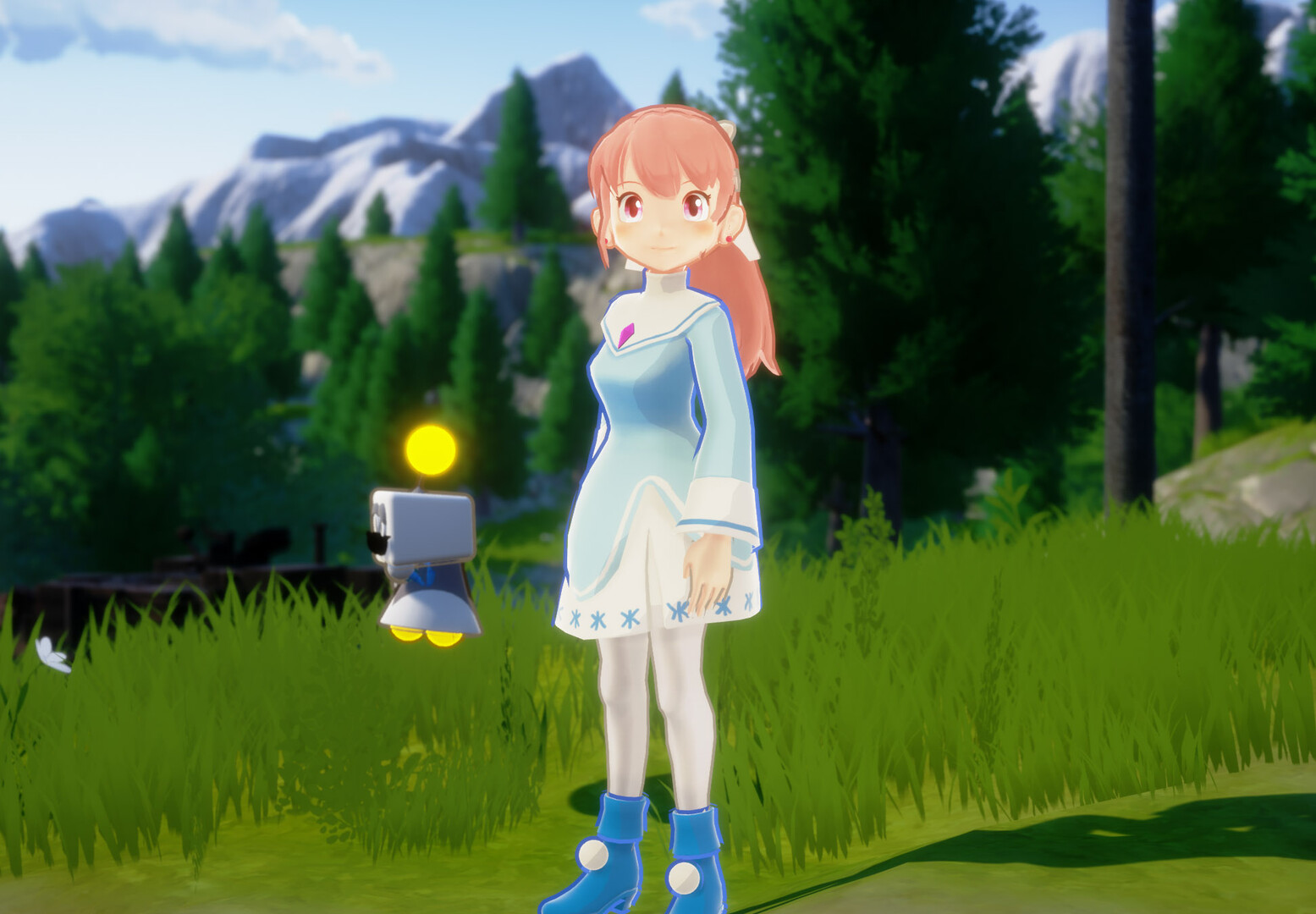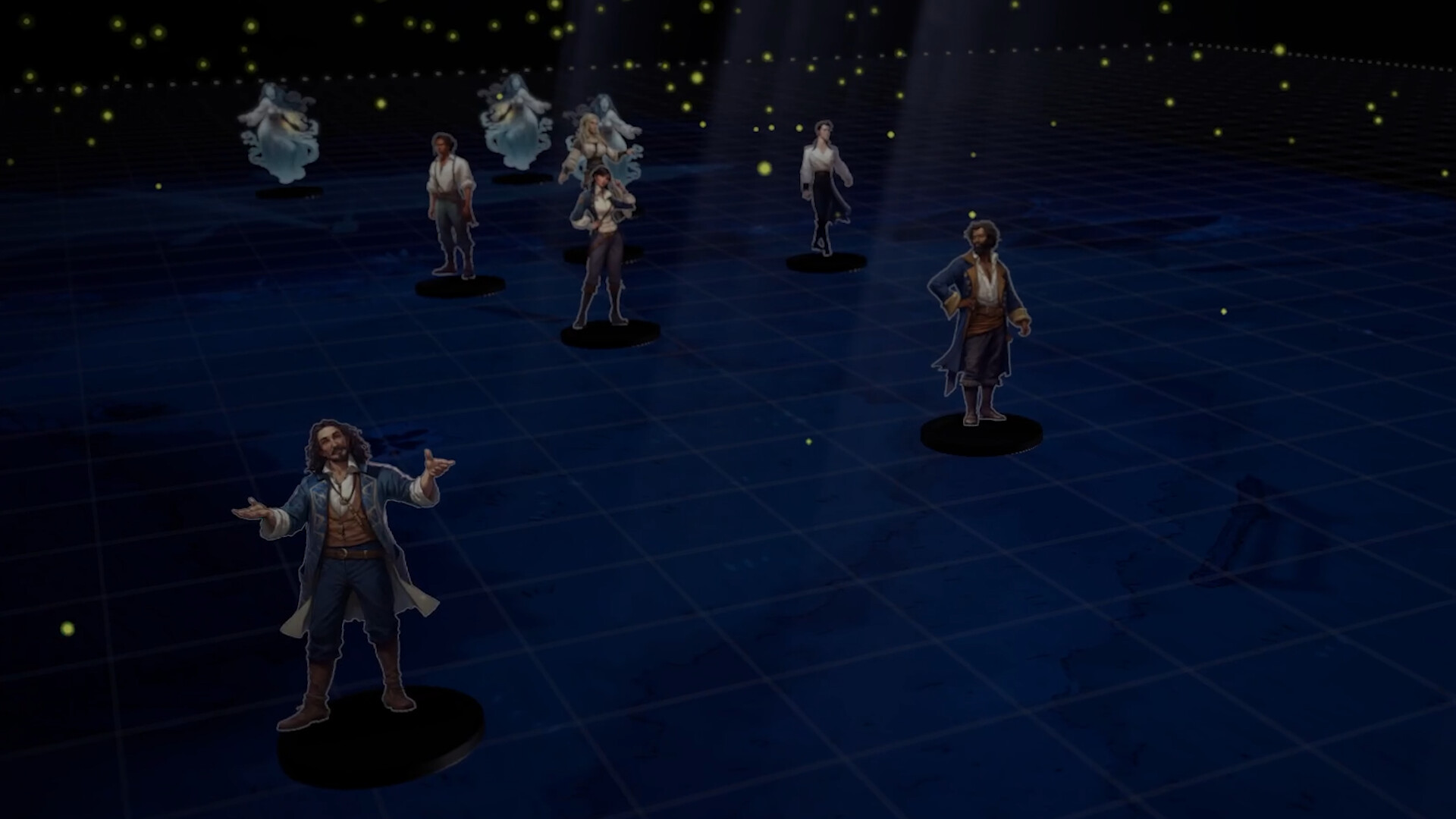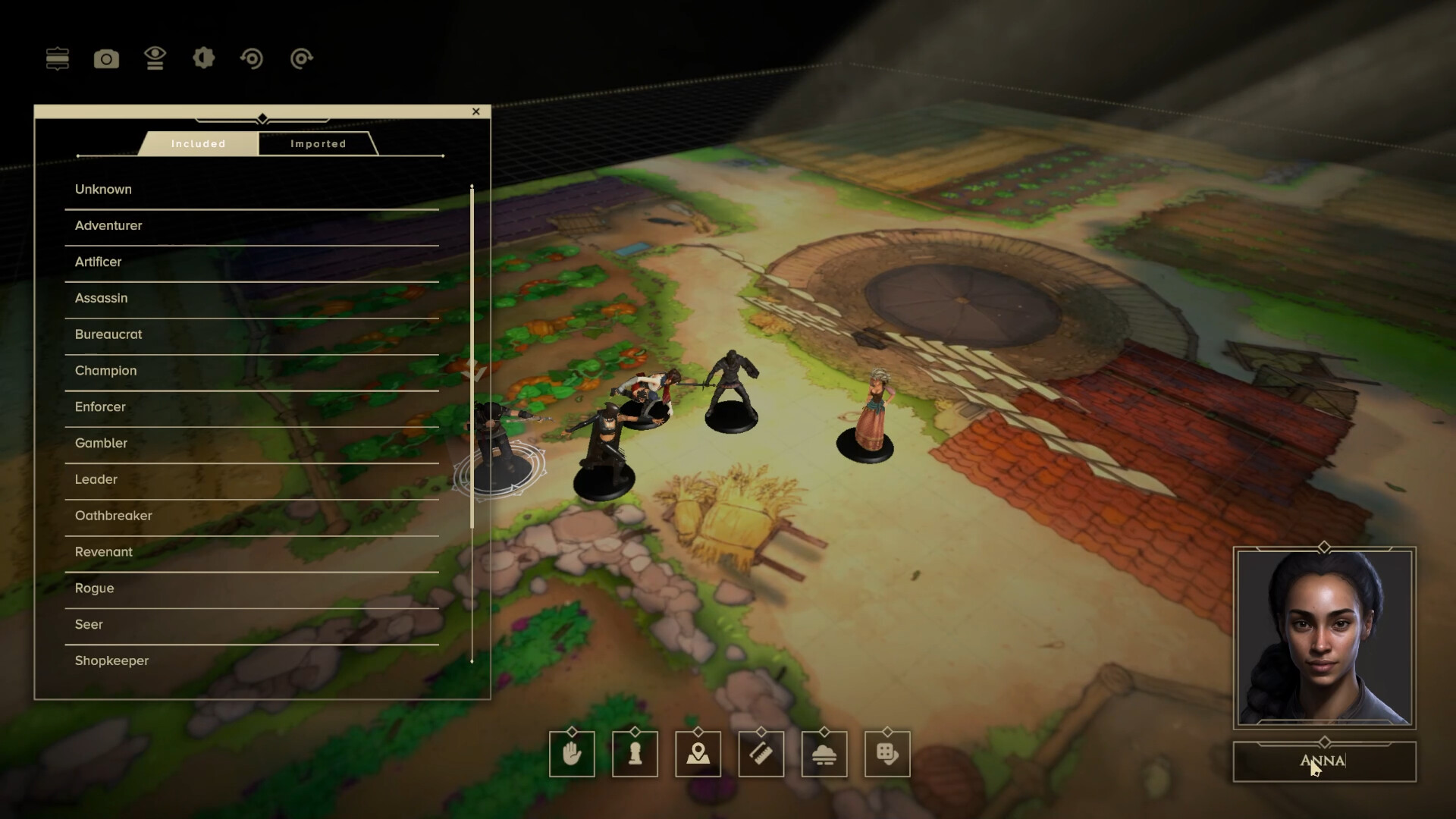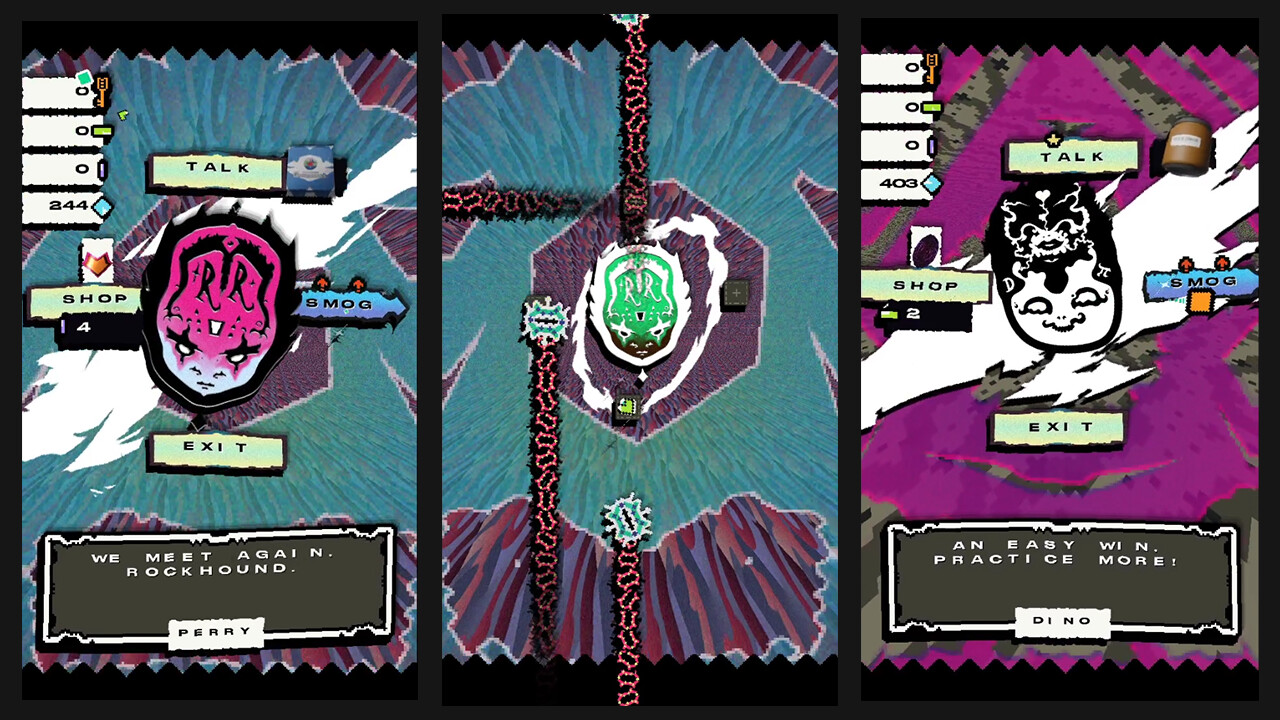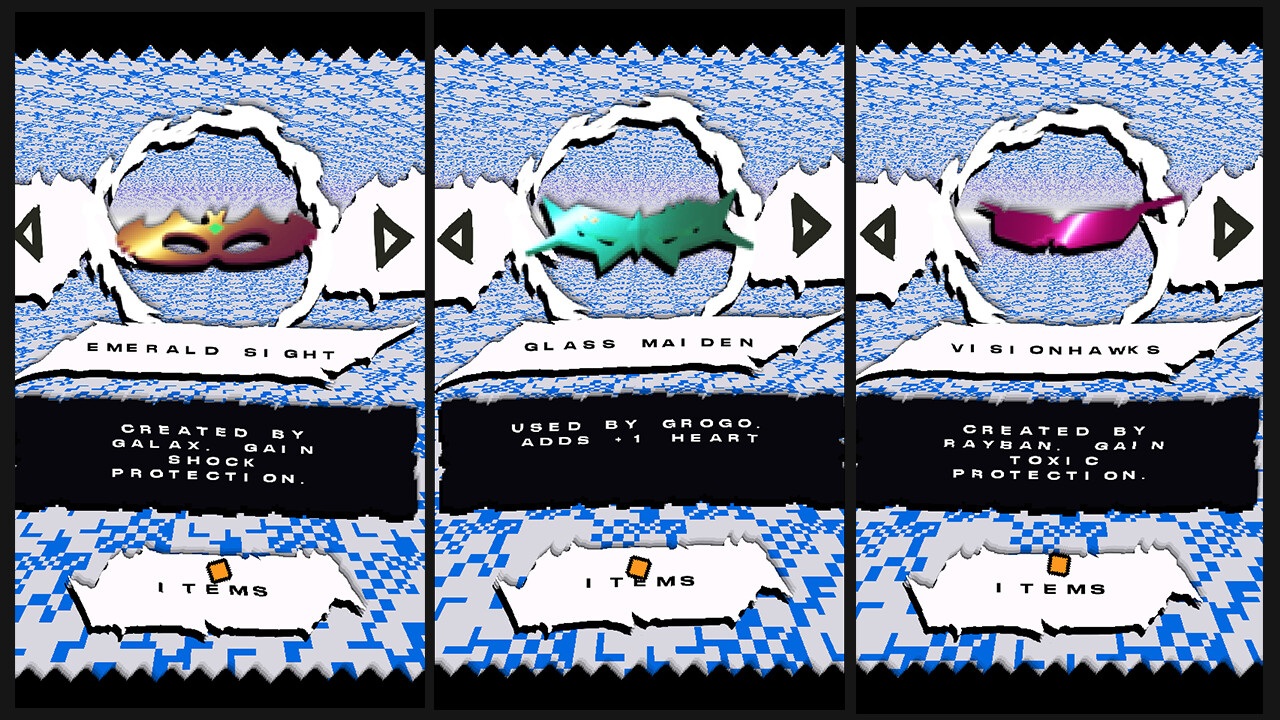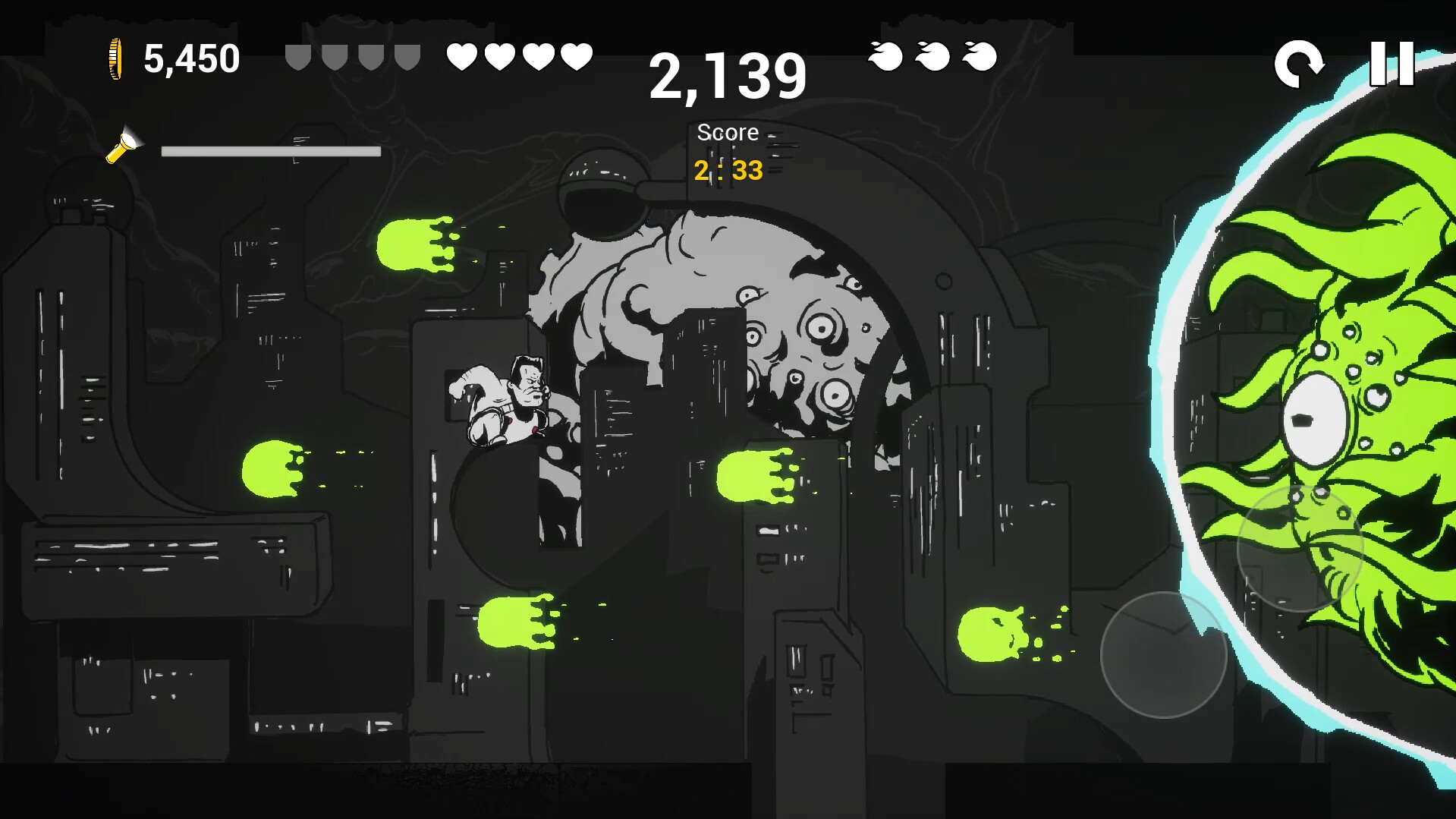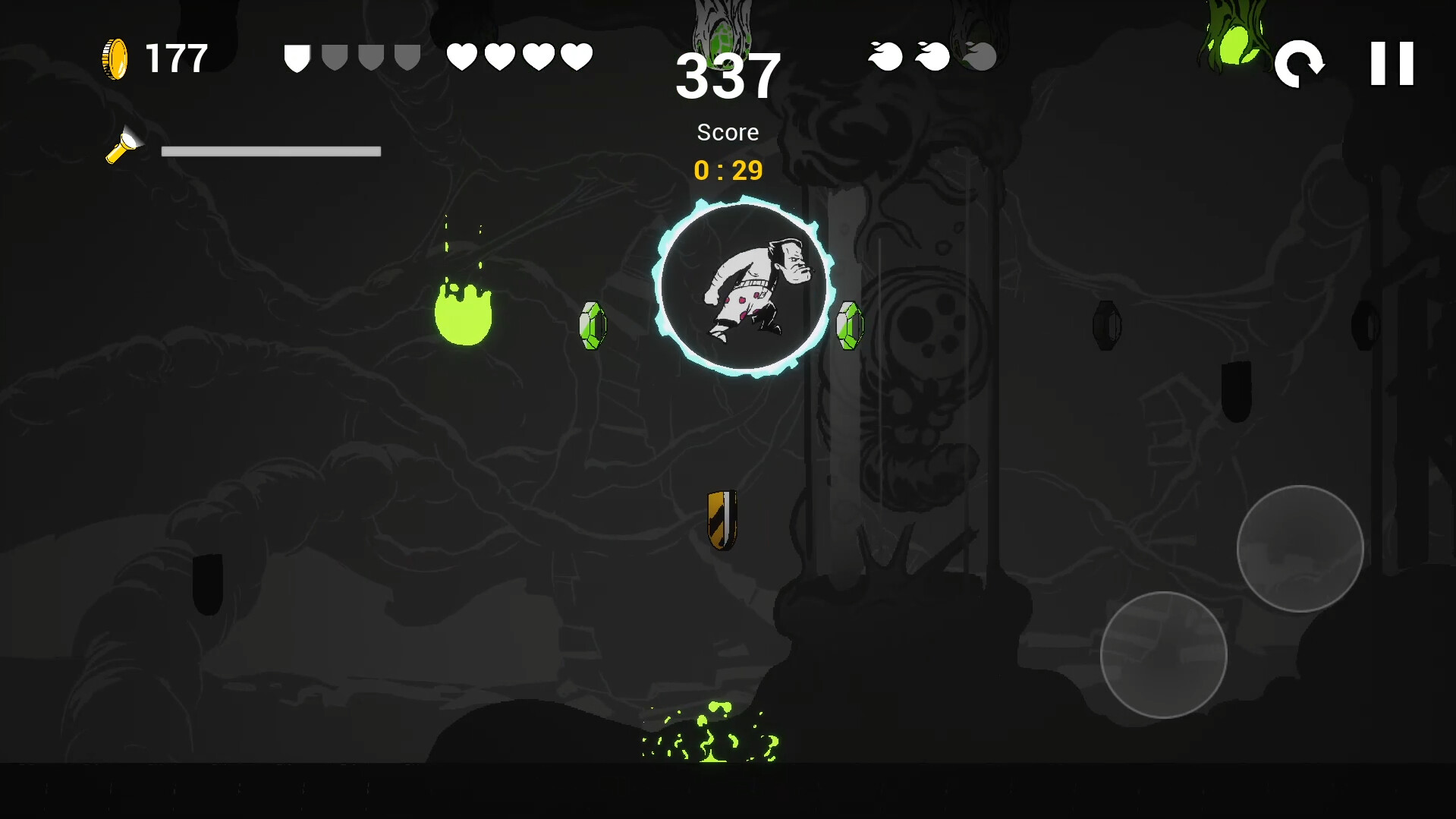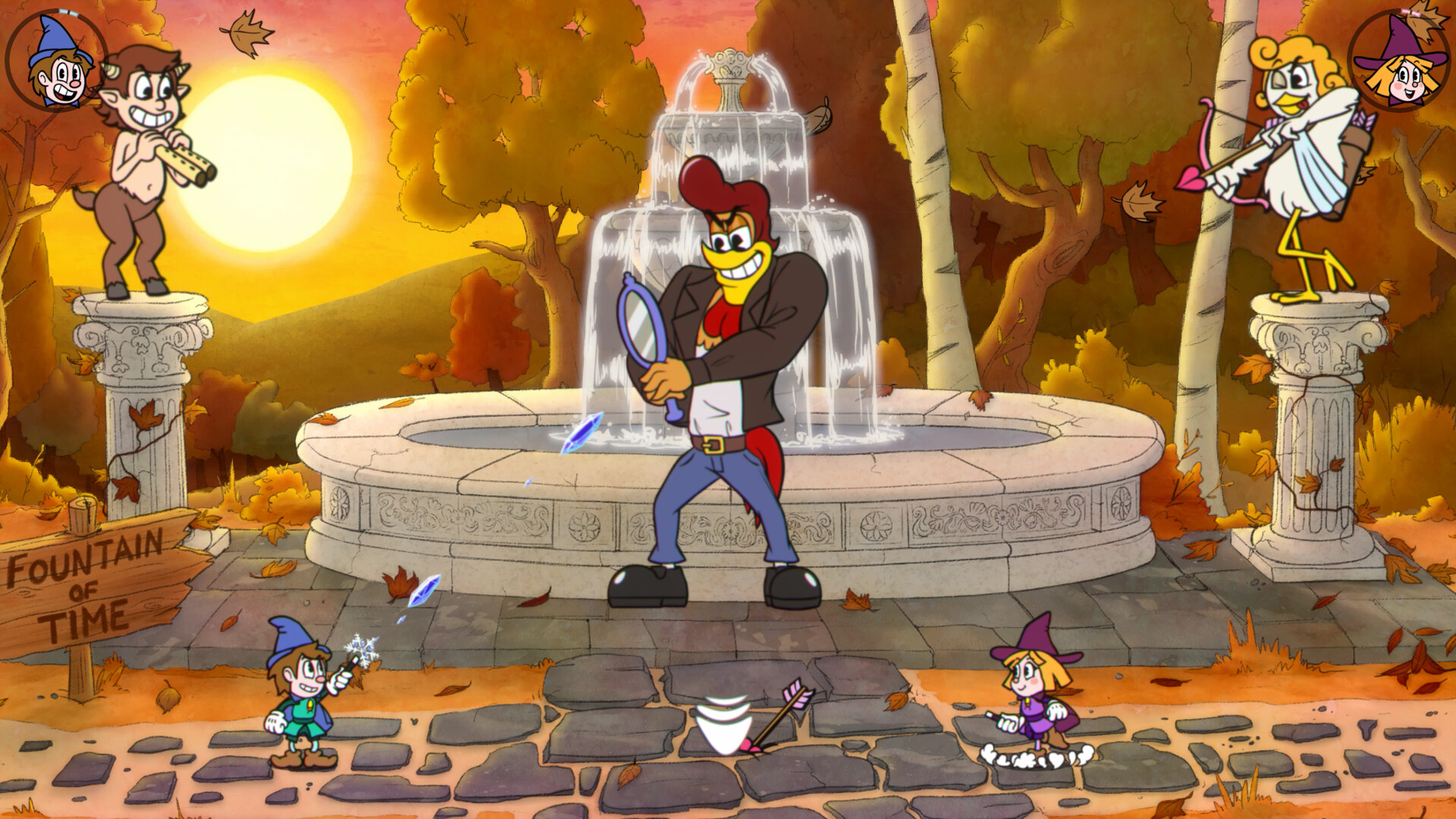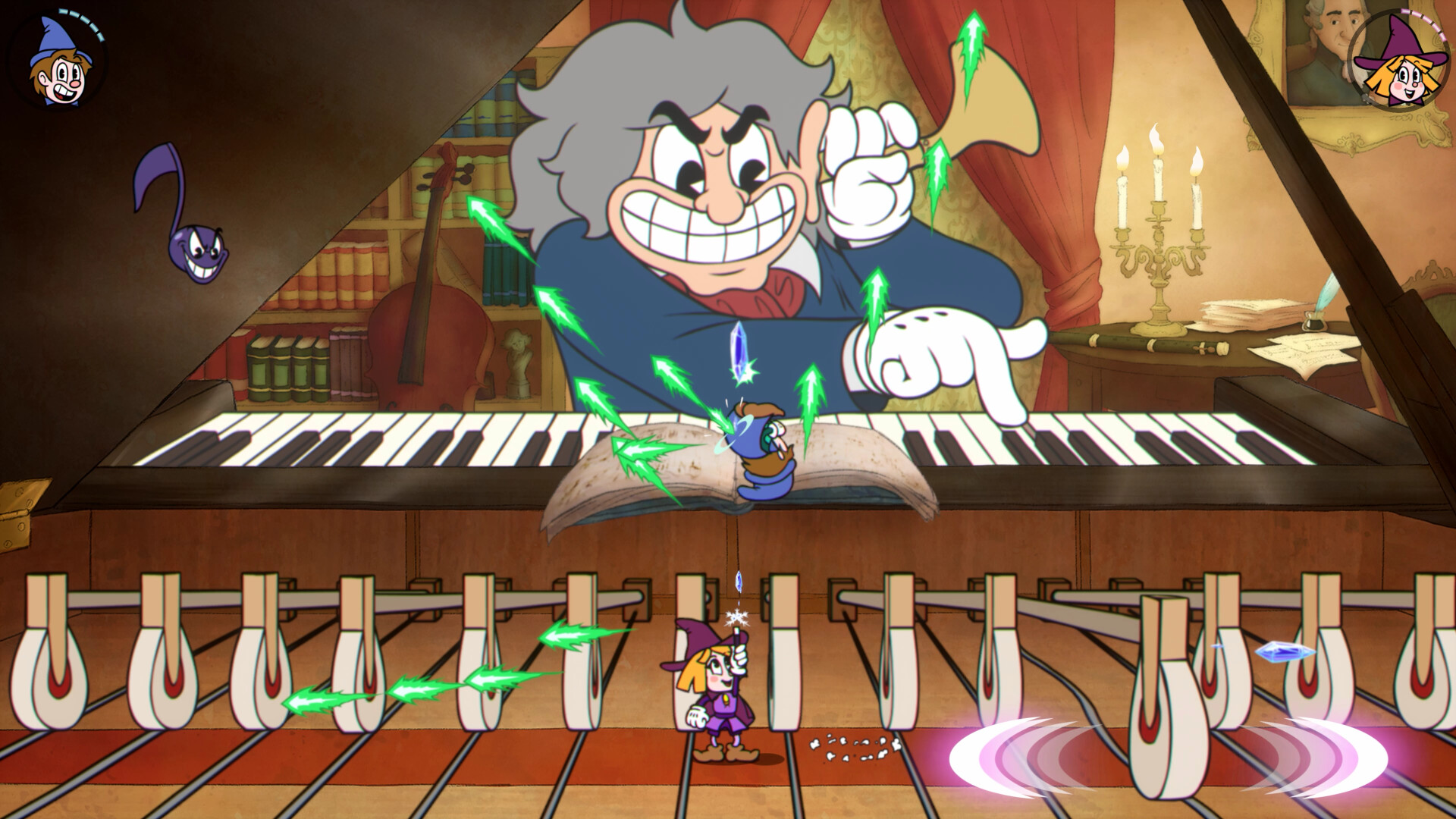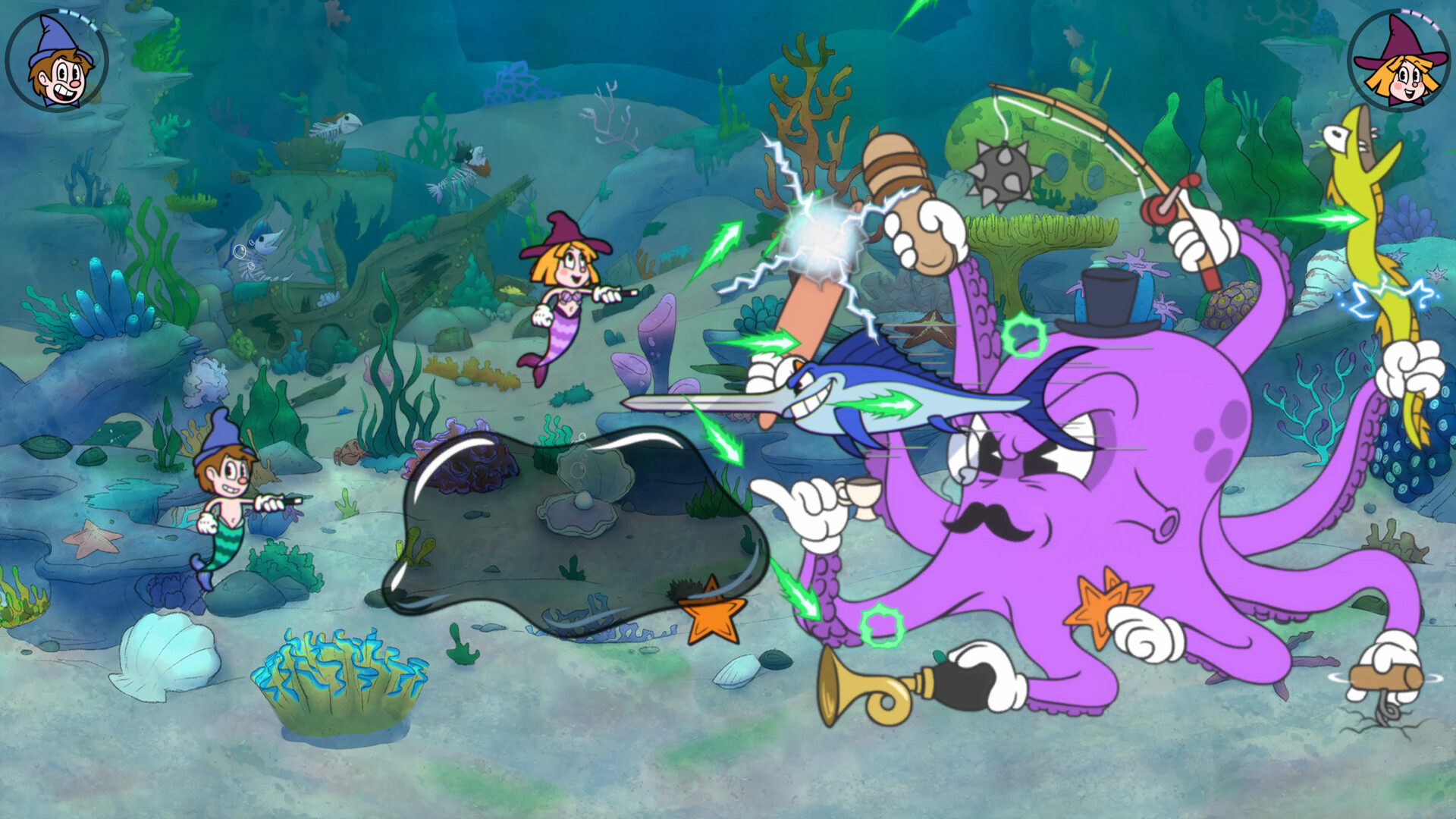Community MetaSteam | May 2023 - Bloody hell!
- Thread starter Mor
- Start date
You are using an out of date browser. It may not display this or other websites correctly.
You should upgrade or use an alternative browser.
You should upgrade or use an alternative browser.
- Status
- Not open for further replies.
and works fine on Deckok, Boltgun is EXTREMELY good!
buy it, buy it now, play it!

meanwhile at SEGA:


What's even the point in not selling there? It's not like they were going to do fair regional pricing anyways
These are some oddly specific prices. Guess that is marketing tactic too 



What's even the point in not selling there? It's not like they were going to do fair regional pricing anyways
in short: SEGA said "fuck poor people, they don't deserve our games anymore"



Please, kills us
Lmao holy shit, there's no way this is a current build... right?
I mean, come on. I'm not asking for a lot here. I just want something as good as Styx. Just a decent stealth game. It can be low budget as fuck, as long as it plays well. Is that really too much to ask for?

Fighter & Control Type Personality Quiz | STREET FIGHTER 6 | CAPCOM
Take this quiz and find out which fighter from SF6 best suits you! Whether you're a fighting game rookie, a casual enjoyer, or a veteran player who already has a favorite character set in mind, try this quiz out! You might be surprised with the results!www.streetfighter.com


The DLC for Forspoken was bad and probably cut down. There were three chapters, two enemy types, no real exploration, and two(?) unique bosses. It ended with her implying she's traveling to another land. She's not going anywhere now. The DLC sucked, it was probably finished by a skeleton crew, and I don't like it.
7/10.
7/10.

Always ends up being the blondes for me lol. In BB my best performer is Noel, and in GG it's Mila.
I did the first one and second one. I don't plan to do the third one for awhile.ok, Boltgun is EXTREMELY good!
buy it, buy it now, play it!

ok, Boltgun is EXTREMELY good!
buy it, buy it now, play it!

I did, and you're right

ok, Boltgun is EXTREMELY good!
buy it, buy it now, play it!

Salute SIR YES SIR
I wonder what's next on the PC front. Decent sales for TLOU in a month.
I wonder what's next on the PC front. Decent sales for TLOU in a month.
Normally, I would've expected more but considering the state it launched in that's actually not bad at all.
Hopefully they'll announce the next port(s) tomorrow.
I don't have time to read the whole article right now, but form a quick ctrl+F I think it might be missing a bit of the core message of my replies. It's understandable that not all is in there since I wrote a lot, but here it is in full. Bolded two rather essential parts that are missing:
What makes it so difficult to port games to PC? What would you say is the most challenging aspect?
I don't think that porting to PC is generally and universally more difficult than porting to any other (e.g. console) platform. It's just that the challenges are different: with consoles, you have some very specific rules to adhere to, and specific resource constraints. On PC, you have to build a scalable game, and ensure that it runs well on a variety of software and hardware stacks. The latter is probably one of the most challenging aspects, but I'll say right here at the start that it's not sufficiently challenging to serve as an excuse for any AAA publisher to not release a polished PC experience on day 1. That's ludicrous.
What are the difficulties in transitioning inputs from controller to mouse and keyboard?
Generally, I think that is far easier than the opposite would be -- i.e. making a mouse-and-keyboard-focused control scheme work on controllers.
There are some basic mistakes I see even in some high end ports, but none of these really take a lot of time to fix, and I wouldn't qualify any of them as particularly difficult.
Regarding the mouse, things to avoid that I commonly see are not providing raw mouse input, a lack of options for mouse acceleration, and strange transformations on mouse input for camera movement such as different vertical and horizontal base sensitivity, or some auto-centering that can't be toggled off. These things make sense on consoles, but are generally really annoying when playing with a mouse.
On the keyboard side, you need full rebinding of course, and you also want to offer more individual bindable actions than on console simply because there are more keys. E.g. on console you might need several keypresses to navigate to the journal or map in an RPG via some sort of main menu, but there is no reasons not to offer access to those directly with a keybinding on PC.
The two most time- and engineering-intensive things to do in my experience when re-implementing input for previously console-only games on PC are fully correct dynamic button prompts when rebinding actions arbitrarily -- even e.g. in tutorial images -- and natural mouse input in all UI screens. The latter includes things like clicking and dragging various elements of course, but also scrolling with the mouse wheel on hover over the right elements and so on. This becomes more and more labor-intensive the more individual UI screens you have, and that's probably why both of these points are frequently very iffy in low- to mid-tier PC ports, especially of (J)RPGs which love their custom UIs.
Why do PC ports like Jedi Survivor and The Last of Us Part 1 Remake suffer from separate bugs than those on consoles?
I haven't worked on either of these two so I can of course only speculate, but ultimately these are different platforms, often with quite distinct low-level APIs. So the porting process itself might introduce bugs in that API transition. However, in my experience it can also well be the case that it just surfaces bugs which are already in the code, but do not manifest on consoles.
E.g. some insufficient synchronization might just always happen to work out on the console target(s) due to how their schedulers work, or some use-after-free issue [this means that you are still accessing memory that you already said you will no longer need] does not matter because the console's memory allocator doesn't actually re-use those bytes at the time they are inadvertently accessed.
On PC -- or more precisely, on someone's PC -- those things will eventually manifest, and then you don't just have to look for issues in the code you actually wrote or touched to port the game, but in the original code as well.
How can studios successfully and simultaneously develop PC and console games?
By allocating sufficient resources for all platforms, testing them all continuously, and having people with expertise for each particular platform take responsibility for them. As I pointed out at the start, PC does have unique challenges, but they are extremely far from insurmountable, especially for publishers who can afford to fund an AAA game in the first place. So I have to assume that there simply isn't enough care given to the PC version sufficiently early and continuously in development, and there is more of an assumption that it will "just work out", unlike the console versions where I assume more resources are allocated for platform-specific work.
What advice can you give to studios looking to port games to PC?
I could write an entire article about this, but I'm going to only focus on a few points, going from the more generic to the more specific and technical:
1) Have people on the team who actually play games on PC, and ideally have done so for a while. E.g. there are decisions in even high-end PC ports which I can only make sense of if I assume that no one working on it -- or at least no one with any power in the design process -- ever spent more than a few hours playing a game with mouse and keyboard.
2) Test on a variety of hardware and software configurations, and with a variety of settings, as early as possible. If you are a large publisher and can therefore easily afford to do this in-house, then do it. But if you are not, then you can still do things like closed external beta tests. You really shouldn't need to rely on bug reports from your customers to get your first test results on relatively common OS, GPU or CPU architectures.
3) Keep everything as open as possible, and communicate with your audience. There are a lot of savvy people in the PC audience. If you try to hide things from them or try to spin some elaborate tale rather than admitting an error, that probably won't work out. On the other hand, if you openly communicate -- and ideally, are also open in your software to the maximum extent feasible, regarding e.g. file formats or encryption -- then the community can actually be a huge asset.
4) Follow good software design principles in general, particularly when it comes to hard-coding assumptions. Making sure that things like the framerate your game is running at, the resolution, its aspect ratio, the specific inputs and so on are abstracted and work arbitrarily from the start is really not that difficult or burdensome. Changing these things later when they were assumed to be immutable can be expensive.
5) Provide as many options as you can, in all of gameplay, input, output, and graphics/performance scaling. You never know exactly what devices people will want or have to use with your game, or what scenarios they are going to play in. People appreciate having flexibility, even if not every single combination of all options is rigorously tested throughout the entire game -- if you fix an obscure issue with one particular combination of options after launch, no one is going to be all too upset.
6) Minimize your reliance on more obscure Windows APIs and non-standard libraries. One particular example of this is using the Windows Media Foundation to access audio/video codecs for playback. Not only will that likely be annoying for Steam Deck and Linux users, relying on external components on the users' system also means you open yourself up to bugs in those. With great patent-free open source options available these days it's much better to ship your own codecs.
Has the ability of developers to bring games to PC improved over time? Why or why not?
Firstly, I assume you are primarily asking about ports from console here -- after all, the vast majority of games, which exist outside the AAA space, are actually built for PC first.
Even so, there is more than one answer to this question. Overall, I would say it has become much easier to bring former console games to PC. There are a lot of reasons for this, but the most impactful one is that the architectures have converged on both the hardware and even more importantly the system software and API levels. Additionally, it's far more likely these days that games are built on top of an engine and middleware layer which already natively supports PC. So that makes getting some form of port up and running much easier than it was in the past.
It's also easier than ever to distribute these games, integrate platform features, and communicate with your audience, largely thanks to Steam.
However, when it comes to optimizing that port, and providing a high-quality experience tailored to the PC use case, I don't think things have gotten much easier. In fact, one might argue that lower-level APIs in graphics put more of a burden on game developers to ensure good performance, and complex middleware layers might make it more difficult to diagnose and fix fundamental engine performance issues. Just look at the large number of AAA UE games which ship with similar stutter issues.
How can studio leadership assist developers with porting games? What resources can they provide?
I think I mostly already answered this implicitly in my earlier replies. What is needed are engineering and UX resources that are actually focused on PC, and they need to be integrated sufficiently early in the development lifecycle to influence decision making throughout the entire process. And of course the multi-SW/HW-stack testing I mentioned previously, either internally or externally.
You can also hire us, but you should do that sufficiently early, we are usually fully booked
I might post the whole thing on our blog or something like that, since I did spend the time writing it up.

Giraffe and Annika studio announces sci-fi action RPG HARUKA: Beyond the Stars for PS5, Switch, and PC
Giraffe and Annika developer atelier mimina has announced HARUKA: Beyond the Stars, a new juvenile science-fiction action RPG for PlayStation 5, Switch, and PC (Steam). It will launch in 2025.
1.5 million in 6 months for Spider-Man is really good. It will probably end up around 3 million lifetime.
Horizon and God of War are sitting at nearly double the amount of user reviews as Spider-Man so they are both around 3 million by now.
Sony must be happy to just dump old ports at full or near full price like this. They have to realize they would sell even more if they cut down the release date to be closer to console release. If they did only a 6 month delay they would probably double the PC sales. I don't think it would effect consoles sales much either.
And pls port Bloodborne and Demon Souls next. Give the people what they want ffs.
Also looks like PC gamers don't really care much for Naughty Dogs overly cinematic and superfluous singleplayer games. Uncharted bundle and TLOU both much weaker compared to the other big Sony stuff. We will see how the multiplayer factions stuff does but it wouldn't surprise me if it also kinda flops at this point. This type of gameplay is gonna be too slow for PC gamers to make them competitive in anyway and I doubt ND is designing Factions with M/KB in mind. Twitch streamers and marketing will have to do all the heavy lifting.
Last edited:
I wonder how many projects and studios will cease to exist in the next few years from Embracer?
Oh no, I broke my headset! So I have no sound when playing xbox. Thankfully I had just enough MS reward points to order their cheap headset. Hopefully it won't suck too much,
after a bad case of constant tinnitus and (slowly) getting deaf on one ear, I stopped using headsetsOh no, I broke my headset! So I have no sound when playing xbox. Thankfully I had just enough MS reward points to order their cheap headset. Hopefully it won't suck too much,

That sucks man, so sorry to hear that.:/after a bad case of constant tinnitus and (slowly) getting deaf on one ear, I stopped using headsets
from dex3108
It was probably Valve and they were contracted to develop
Half-Life 3
Left 4 Dead 3
Portal 3
In the Valley of the Gods (3)
Dota 3
CSGO 3
But alas....
It was probably Valve and they were contracted to develop
Half-Life 3
Left 4 Dead 3
Portal 3
In the Valley of the Gods (3)
Dota 3
CSGO 3
But alas....

Always ends up being the blondes for me lol. In BB my best performer is Noel, and in GG it's Mila.

7 months of failed negotiations sounds like Embracer wanted another popular licensed property but were told to fuck off.
They did get LOTR so this must have been something bigger and more expensive. Maybe Star Wars or Marvel/DC?
They did get LOTR so this must have been something bigger and more expensive. Maybe Star Wars or Marvel/DC?
It could have been Disney. They have lots of IP and they are interesting in external development. But they also start cutting their costs a lot in past 6 months or so.
It will be interesting to see what sales are like when Sony releases there first GAAS title day 1 on PC and PS5, thanks to PC players being in that hype cycle and marketing push. Could be something that influences all titles going forward after those release.
TLOU sold way more than it deserved to.
I think that speaks to the trust people have in ND to fix it.TLOU sold way more than it deserved to.
If they fuck this up that trust is gone for next time.
I wouldn't put a ton of stock into this as Atlus has had parked domains for years (still waiting for that rumored Akechi Goro spinoff), but at least you know they're considering milking the Persona 5 cow for awhile longer.
Not related to that domain name, I wouldn't mind if SEGA/Atlus would milk the Persona games a bit more and bring the Persona Dancing games to PC.
I wouldn't put a ton of stock into this as Atlus has had parked domains for years (still waiting for that rumored Akechi Goro spinoff), but at least you know they're considering milking the Persona 5 cow for awhile longer.
I've always had a thing for Cammy 
Random thought of the day:
Don't waste time on people that don't appreciate you or take you for granted. It's time you could've spent with people that actually deserve it and you will never get that time back.

Random thought of the day:
Don't waste time on people that don't appreciate you or take you for granted. It's time you could've spent with people that actually deserve it and you will never get that time back.
Persona 5 Tactics or something along those lines?
I wouldn't put a ton of stock into this as Atlus has had parked domains for years (still waiting for that rumored Akechi Goro spinoff), but at least you know they're considering milking the Persona 5 cow for awhile longer.
I wouldn't be surprised to see more spin offs.

Giraffe and Annika studio announces sci-fi action RPG HARUKA: Beyond the Stars for PS5, Switch, and PC
Giraffe and Annika developer atelier mimina has announced HARUKA: Beyond the Stars, a new juvenile science-fiction action RPG for PlayStation 5, Switch, and PC (Steam). It will launch in 2025.www.gematsu.com
I didn't play Giraffe and Annika because I have no interest in rhythm games, but damn do their games look good, it's a tiny indie studio, and the game looks like this:



It's just impressive.
Last edited:
EN version of the showcase:
Announcements will include new entries for popular, long-running franchises as well as all-new titles, with members from the respective development teams joining to share their thoughts on these works in progress.
Whatever it is, I’ll buy it.
I wouldn't put a ton of stock into this as Atlus has had parked domains for years (still waiting for that rumored Akechi Goro spinoff), but at least you know they're considering milking the Persona 5 cow for awhile longer.
Radeon RX 7600, $270, a bit better than the RTX 3060, same power consumption as the 4060 Ti, and also limited to 8GB VRAM and 128 bit memory bus width.
Though the last few weeks before launch have been a huge mess for reviewers, as Steve puts it:
AMD at this point needs to be rushed to the hospital to have an emergency extraction of its foot from its mouth

We need this please and thank you
We also need MG 1-2 (probable) and fucking MGS 4We need this please and thank you
- Status
- Not open for further replies.




